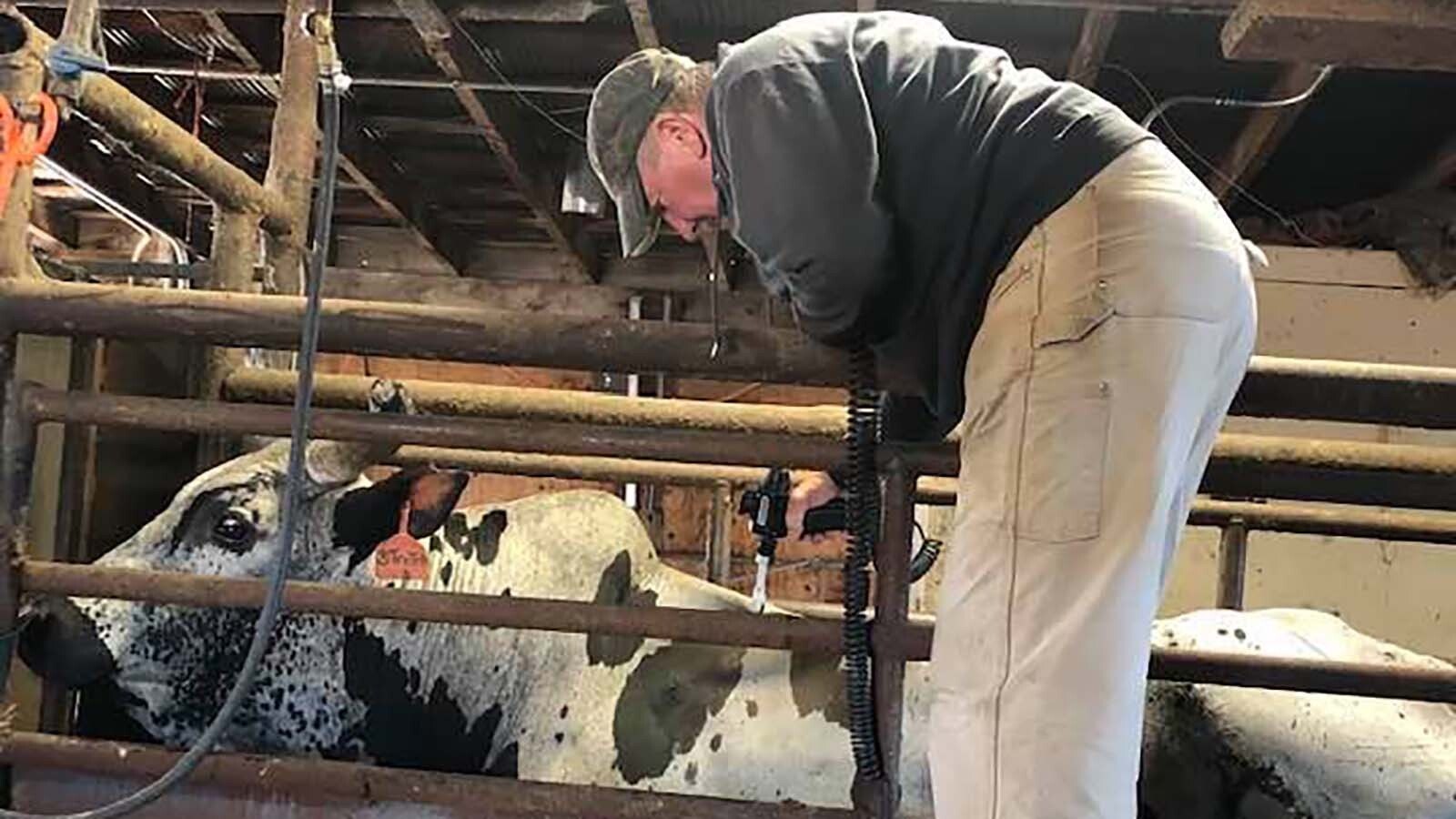Seems Wyomingites are better at managing credit card debt than anywhere else in the United States.
Personal consumer website WalletHub reports in its latest rankings of states with the largest and smallest credit card debt increases in the United States that Wyoming has the lowest per capita amount of borrowed money as of mid-year 2024.
The average household credit card debt in Wyoming on June 30 stood at $10,015, which is up $255 from the first three months of 2024. Total credit card debt in Wyoming stood at $2.1 billion. That’s $59.7 million more credit card debt than the first quarter that ended March 31.
“Wyoming residents have a very good track record of managing debt,” said WalletHub analyst Chip Lupo in an interview with Cowboy State Daily from his office in Columbia, South Carolina. “They’ve done well in other studies on credit card debt as well. They don’t miss payments, and this is key because making on-time payments on all your accounts, not just credit card debt, is probably one of the best ways to improve your credit score.”
A major reason for low credit card debt is the tax environment, he said. Wyoming helps incentivize residents to pay bills on time with more disposable income.
Wyoming is ranked high in terms of affordability due to residents not paying individual income or retirement taxes. The total tax burden is the third lowest in the nation, according to WalletHub. Wyoming also doesn’t have a corporate income tax.
“Wyoming residents are paying out 5.7% of their income to state and local governments,” said Lupo, citing a 4% state sales tax rate that is among the lowest in the United States.
In comparison, residents in the state of New York pay roughly 12% of their income to state and local governments.
The Wyoming Mindset
Scott W. Meier, president and CEO of the Wyoming Bankers Association, said the analysis is plausible, but he offered another insight.
“There may be more conservative folks in Wyoming who don’t rely on debt,” Meier said.
Additionally, said Meier, the country pursued monetary policies during the COVID-19 pandemic from March 2020 to early 2023 that pumped more money into the economy to lower interest rates and place more cash into the hands of people. That means fewer Wyoming residents came out of the pandemic with COVID-related debt.
“I don’t think there was as much of a need for credit card debt, but now that the economy has turned a bit and things are getting tighter, credit card debt is going up,” Meier said. “But I don’t know why Wyoming is much different than everyone else.”
Nonetheless, there are potential speed bumps for Wyoming.
“Wyoming is heavy into coal and oil and natural gas, and if they see any sharp decreases in production, there goes the jobs and there’s no revenue base outside of energy to support the state,” Lupo said. “If the jobs go, the people may end up relying more on credit card debt. That’s a bad thing.”
Rainy Day Fund
He also observed that the state has hard-working people who understand the boom-and-bust cycles of the energy industries. This helps them save better for rainy days.
“Wyoming’s a blue-collar state,” he said. “They are pretty good at things such as budgeting and rainy-day funds, because on the turn of a dime, Wyoming’s economy could from boom to bust overnight.
Still, to say Americans have a lot of credit card debt would be an understatement.
The collective tab sits at roughly $1.28 trillion, around $109 billion of which came from last year alone.
But Wyoming is managing its household debt well. Its total credit card debt is 1.3% of California’s bag of borrowed money.
California had the unenviable ranking of No. 1 holder of credit card debt in the study released Tuesday.
In the second quarter, the Golden State reported average household credit card debt of $13,416, up $342 from the first quarter. It also had total credit card debt of $162.9 billion, up $4.5 billion from the first quarter.
While some parts of the country are piling up credit card debt at an alarming rate — think California, which holds the most, Texas, Florida and New York — other areas are contributing less to the debt increase.
To determine the states with the largest and smallest credit card debt increases, the organization compared the 50 states based on the latest consumer-finance data available from Chicago-based credit rating agency TransUnion LLC, and the Federal Reserve, which is the central bank system in the United States that controls monetary policy.
The credit card data was adjusted for inflation on an annual basis as of Sept. 1, 2024, when it stood at 2.43%.
Lupo said that Wyoming has maintained its ranking at the bottom of the credit card study over the past two years.
Pat Maio can be reached at pat@cowboystatedaily.com.





